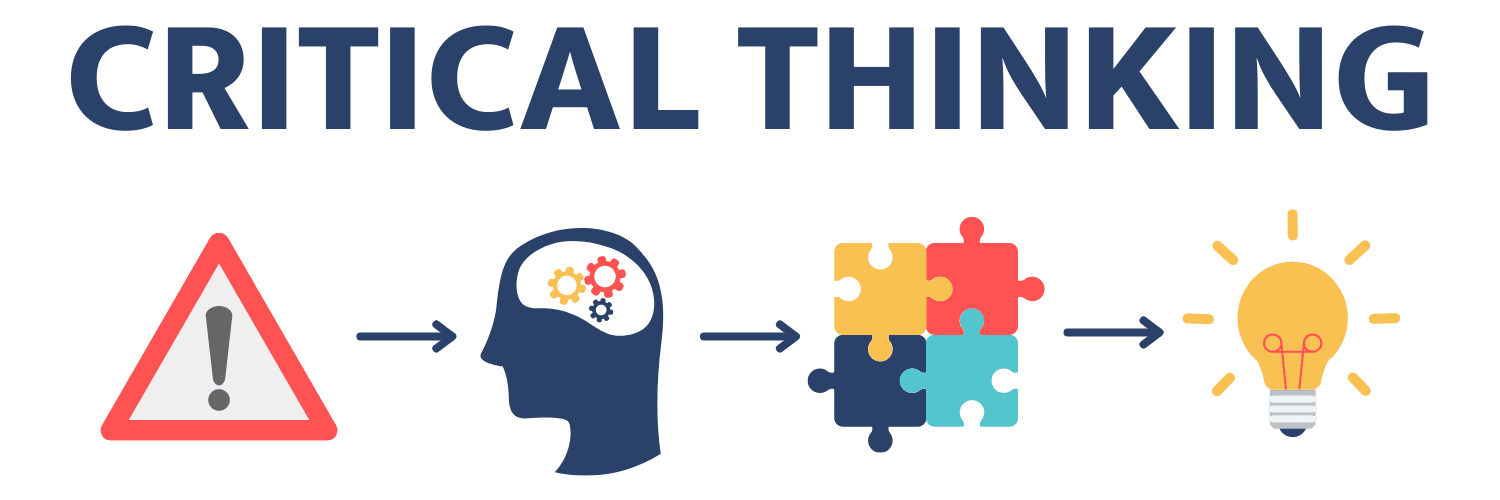Critical thinking is the ability to understand things and question the probable consequences of our actions. Our current generation of students is immersed in a world of vast information, and they need to learn how to evaluate and separate facts from false ones. The term critical is commonly mistaken for typical, but Barry K. Beyer’s definition is more comprehensive. According to him, critical thinking is the process of making clear and reasoned judgments based on facts and evidence.
Inductive reasoning
Inductive reasoning is a technique used to make inferences that begin with specific observations and move toward a general conclusion. It is used in much scientific research as a way to gather evidence and create hypotheses. This reasoning method can be useful in personal and professional life. In this article, we will look at how it can help students develop critical thinking skills. Listed below are some examples of how it can be beneficial to students.
Causal reasoning
One of the key skills for critical thinkers is the ability to identify causes and consequences. Causal reasoning is the process by which we determine how an event occurred. Often we look for reasons why something happened and we look for answers to these questions. This skill promotes logical deduction and clarifies the missing information. In this article we discuss the benefits of teaching students causal reasoning. Let’s look at some ways it can help students learn this important skill.
Structured arguments
Students learn the importance of structured arguments when developing their critical thinking skills. While students may learn about maxims to guide their thinking, they may not be able to apply them in practice. In order to develop critical thinking skills, students need to be taught how to evaluate facts. The following are some of the most important points to keep in mind when teaching critical thinking. These points will help students develop their critical thinking skills. Also, remember that the importance of structured arguments cannot be overstated.
Observation
Observation is a skill used in critical thinking. Students who observe things carefully can ask questions that get to the core of a problem. They can observe subtle details and predict problems. This ability allows them to maneuver situations more tactfully. For example, students who are keen observers of people can notice a person’s body language and gauge whether they are a threat or a potential threat. They can even recognize when someone is lying in order to get the upper hand.
Asking the right question at the right time
Critical thinking involves the use of questions to guide the student’s reasoning. A good question pierces the veil between knowledge and in-depth analysis. It demonstrates a student’s ability to understand a topic. It also requires knowledge in the subject matter, but the student should know what is missing to understand a concept in a deeper way. A teacher should provide opportunities for students to ask questions, regardless of subject matter, in order to improve their critical thinking skills.
Developing balanced arguments
Developing balanced arguments with critical thinking requires a strong foundation in research methods and analytical skills. Students need to know how to use different types of evidence to support their claims. A scaffold helps students develop these skills and provide more evidence. The scaffold focuses on two main entities of an argument: claims and reasons. Claims state the answer to a question, while reasons support it. There are also supporting aspects, such as warrant, backing, and rebuttal. Students without scaffolding focus on data, instead of on the claims.

